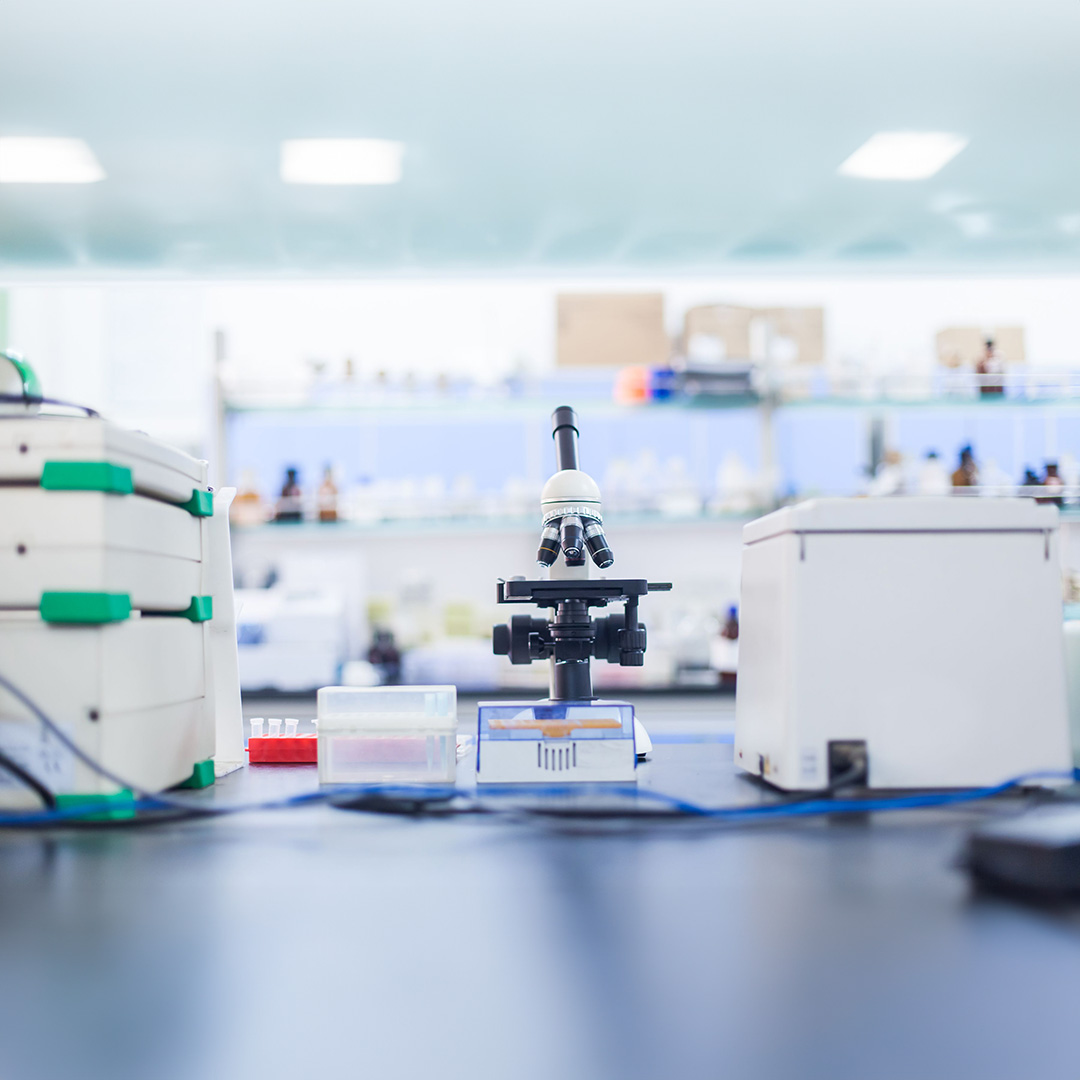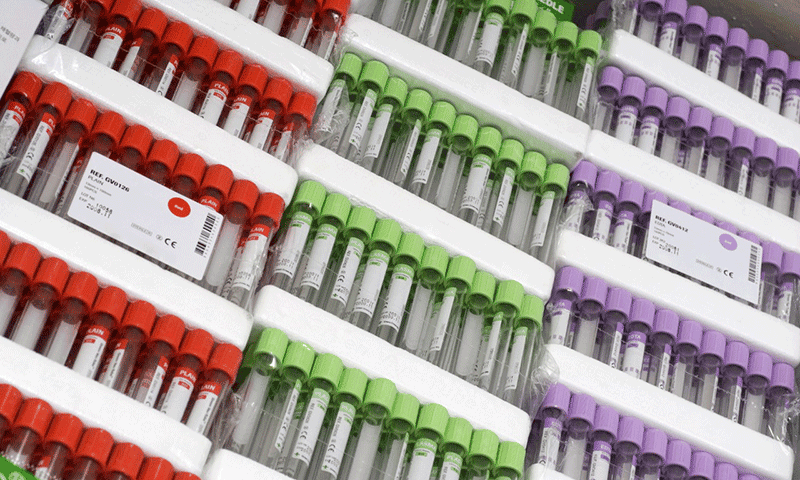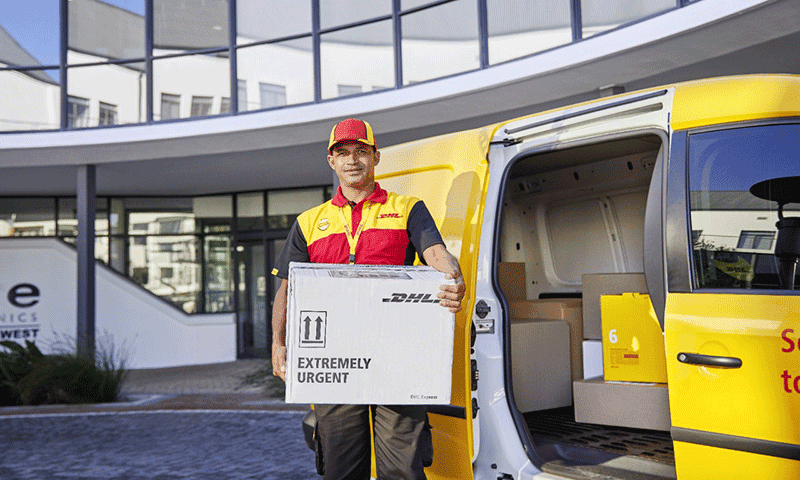
1 If you have any questions about GDP guidelines that do not pertain to the EU GDP guidelines, please feel free to contact DHL Express.
2 Transport companies are pure transport service providers specializing in the transportation of goods and do not operate their own storage facilities.
3 Important: Veterinary medicinal products are not covered in EU GDP Guide, but GDP principles can be adopted by pharmaceutical manufacturers and wholesalers based on a risk assessment on a voluntary basis.
4 GMP inspectorate is an organization or unit within a regulatory authority responsible for inspecting and auditing companies involved in the manufacturing of medicinal products and veterinary medicinal products to ensure compliance with Good Manufacturing Practice (GMP) standards.
6 There is the possibility to request active temperature-controlled transport through DHL Express' specialized Same Day (SD) department.
7 The TAPA certification stands for "Transported Asset Protection Association" and is an internationally recognized standard for security measures in the transportation and logistics industry. The TAPA certification aims to ensure the security of goods and assets during transportation, protecting them from theft and other risks.
8 GDP QAA (Quality Assurance Agreement) by DHL Express is a regulatory QAA that has already passed several inspections by the competent authorities.











